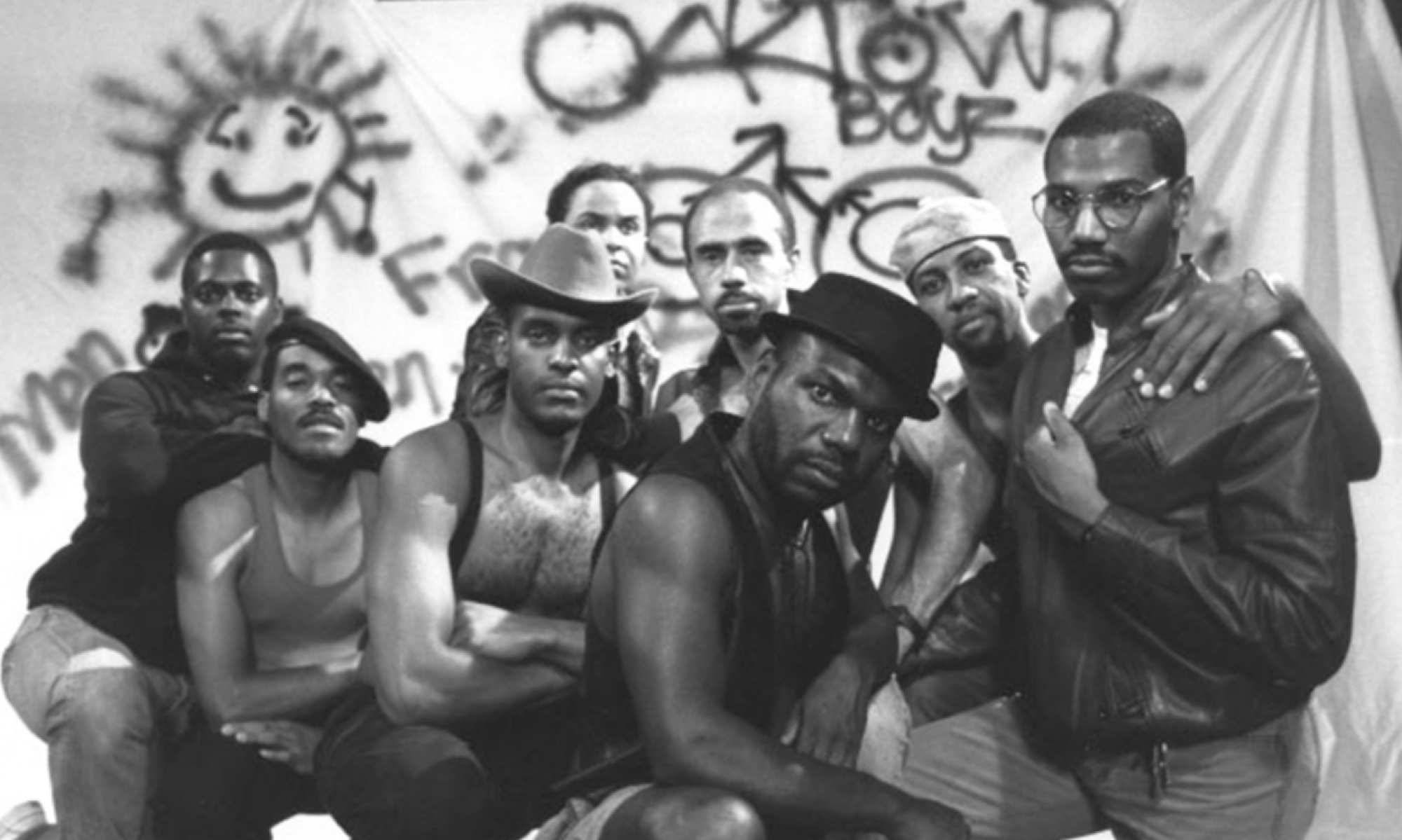I remember hearing about Beyoncé’s Lemonade being released and anxiously waiting for it to come out, and I remember being pissed when they decided to only release it on Jay-Z’s new music platform, Tidal. Besides the obvious fact that Beyonce is an all-star singer, dancer, style-icon and performer in general, a lot of the hype around the album was centered around this rumor that Jay-Z had cheated on Beyoncé and that this was her revenge album. The description of the other woman, “Becky with the good hair” preceded the album itself as fans supposed who this could be. Out of pure curiosity and interest, I purchased the entire album on iTunes, and my entire team watched it on the bus to a tournament at Harvard.
Ignorantly, I watched the entire album through the lens of Lemonade as “Beyoncé’s revenge album”. I felt empowered watching her take the high road and express her roller coaster of emotions that only come with that sort of intimate betrayal. I was jealous of her iconic outfits and creative flair that pervaded each song’s video. I was team- Beyoncé all the way. But I missed 75% of the point of the album. Watching the entire album now, I feel especially ignorant. How could I have thought this album was about Beyoncés revenge when it was about so much more? Looking back, it makes sense though. While Lemonade speaks to race relations, police brutality, and feminism. Beyoncé explores what she believes feminism to be. Further, she is exploring what it means to be a black woman from the South. This album is the intersection of so many social issues that are difficult to speak about, but Beyoncé tackles them through her music (and even more directly and creatively, through her music videos.
I thought it was mere ignorance that accounted for why I was so blind to the other social points that this album touched on. Watching Lemonade all the way through for the second time, I realize that Beyoncé capitalizes on one of the most relatable commodities she possesses as a woman, her pain in wake of a man’s betrayal. Whether it is the same exact circumstance as her or just heartbreak in general, the emotions and messages Beyonce communicates through Lemonade resonate with almost all women. It is upon this platform that Beyoncé creates the intersection between her conversation with female empowerment and uses her influence as a feminist icon in order to shed light on more controversial conversations, like racist infrastructure in the south (Ex: the depiction of the police car sinking in the floods of Hurricane Katrina. The rescue and recovery efforts in the wake of Hurricane Katrina are noted to be inherently less helpful to black victims) or police brutality (Ex: where the child is innocently dancing in front of a harsh line of SWAT team members). Beyonce’s album creates a platform for these conversations to gain agency and life. Of course, Beyoncé is in a unique position to do so. Uniquely, she can highlight these necessary conversations in a creative and abstract way. In this way, it allows commentary into the space of these conversations while still providing distance between her and her political stance through the creativity involved. It almost acts as a barrier. Another point that acts as a barrier is her intense fame. She is, amazingly, famous enough to bring these tough conversations into popular culture. Her previous work, statements, and demeanor have given her a aura of grace and respect that allowed her to do so with little to no backlash.
